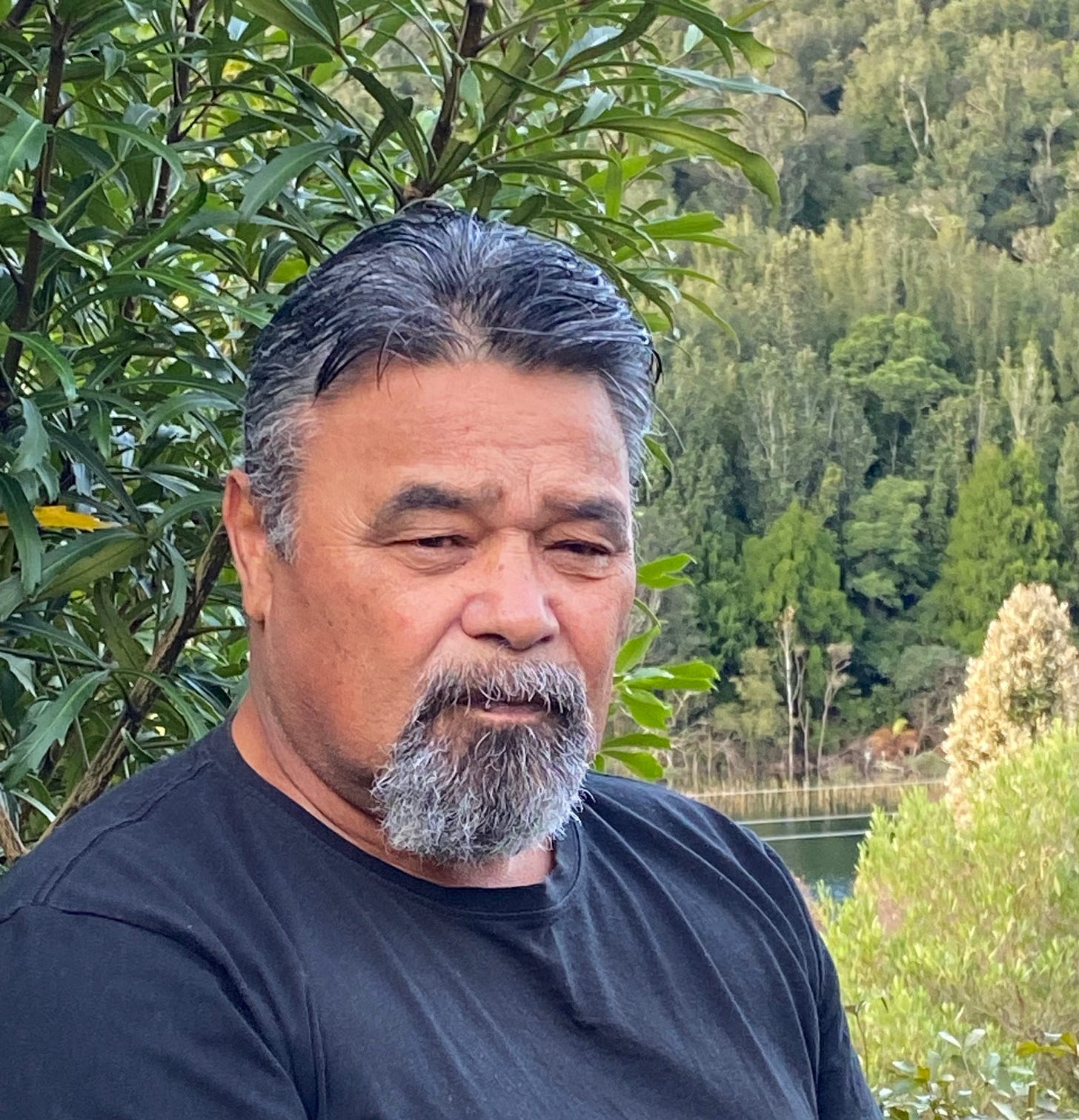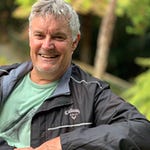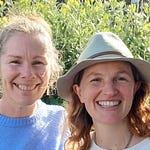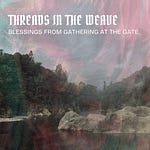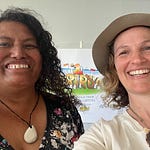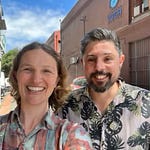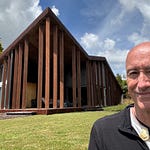This show is going to be a bit different. Instead of interviewing Hemi I decided to share the conversation we had over Zoom when we first met. It felt so rich I wanted to share it all with you. It was also quite long (2 hours) so I’ve broken it up into two parts. I’ll post the second half in a couple of weeks.
I met Hemi through Marceline and Tur at the Quatro Trust. As well as supporting The Good Energy Project, Quatro are supporting Hemi to create a book and an online course. Max Harris, who I interviewed a month ago, also recommended I speak to Hemi and admires his work.
Hemi is on a mission to re-establish the Māori philosophy of Ranginui (Sky father) and Papatūānuku (Earth mother) as a foundation for our society. He has researched deep into the history of capitilism and colonisation and pulls stories and ideas from across the centuries and around the world. He’s also deeply steeped in his own Māori cosmology and is passionate about sharing the richness of this, especially with other Māori who have lost contact with their own tradition. Hemi has a vision of re-establishing marae as the political, economic and social centres of our communities and seeding a culture that celebrates difference while finding belonging and connection in the land.
Hemi got in touch with Marceline after reading Tur’s guest blog post and hearing my interview with him. He wanted to express his excitement and support for Tur’s idea that Aotearoa could take a lead in reducing energy-use and waste through nurturing the pride and diversity of our communities.
Along with his email, Hemi attached an article which he recently wrote for the Spinoff called “The Sunday Essay: Two waka, three iwi, three hapū”.
It was reading this article that first drew me to Hemi. I was intrigued by the story he tells of his childhood, moving between worlds that had been touched to a different extent by colonisation. There was Waiotapu, the small forestry village near Rotorua where he lived, Whakatane, where he spent holidays with his cousins and a place called Pāraeroa in Te Urewera (or “up the river” as he called it). This was the spiritual home of Ngai Tūhoe, his mother’s whanau and the place that spoke most deeply to his soul. A place where he says: “Capitalism and the notion of private property had not arrived”.
In Pāraeroa, Hemi describes, “there seemed to be no barrier between adults and children, horses and dogs, whānau and whenua… Everyone and everything came together as one world. Our world. In this world, the connections to the land did all the speaking.”
I was so taken by Hemi’s description of Pāraeroa and the way it seems to have called to him as a beacon throughout his life as he’s come to terms with our history and the effects of colonisation.
Hemi talks about how our modern world is dominated by a European philosophy which separates us from the natural world and from each other. He suggests that the Māori philosophy of Ranginui and Papatuānuku offers a remedy to the crises we face and a spiritual foundation to bring our country together with hope, pride and diversity.
I was moved by how generous and inclusive Hemi was and inspired by his ideas.
I hope you enjoy the conversation as much as I did.




